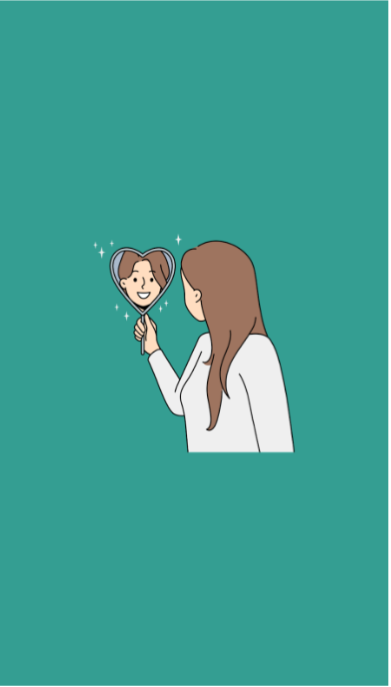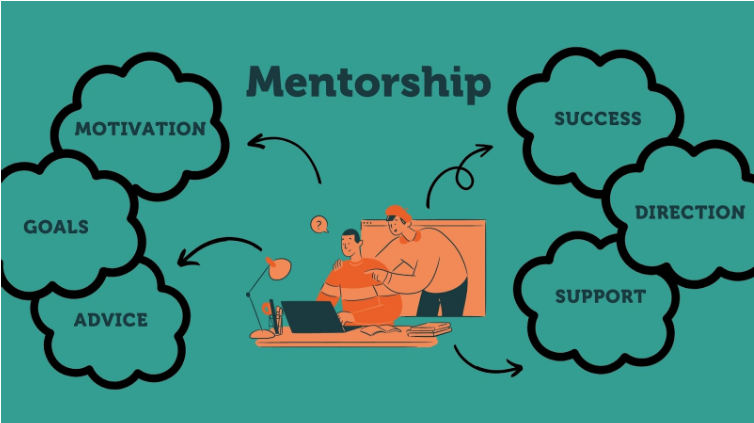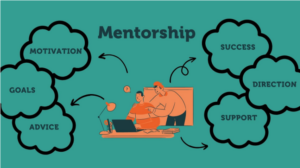According to National Mentoring Day (NMD) statistics, 85% of those surveyed do not have a professional mentor (reference: nationalmentoringday.org). The data provided by NMD demonstrates that most interviewees who have a mentor appreciate having one. Meanwhile, a sizeable number of people would benefit from having a mentor. The reasons for not having a mentor can stem from different things. For one, the lack of knowledge about the pros of mentorship, and for two, finding a mentor is a complex task because often searching for the right individual takes some time.
To illustrate, many people would need a mentor who helps them through a learning curve and will assist, for example, in finding new meaning in life, acquiring new skills, exploring unknown fields of expertise, successfully finishing a difficult task, and entering new social circles. With a mentor, it is all possible. The only thing a mentee has to do is to look in the mirror before searching for a mentor so that they can recognize what they need from a mentor. One can only detect strengths, weaknesses, aims, hopes, skills, and talents by looking in the mirror. Once you know all that above, you can have a meaningful and honest relationship with your mentor. Another piece of advice besides looking in the mirror is to stay open-minded and attempt to accept the helping hand of your mentor. Do not hinder your success. Trust your mentor. Accept constructive criticism and, most notably, learn from it. The best way to learn from your mistakes and weaknesses is when you know about them. Remember nobody is perfect therefore, in the long run, facing your shortcomings will become an advantage.

Mentors play a role in the mentees’ success, because they guide mentees through their ups and downs. That being the case, the mentorship solely works if both sides respect each other’s time and commitment to growth. To sum up, mentees and mentors work equally during the mentorship sessions; in the best-case scenario, both parties learn from each other. Mentees will gain self-confidence, while their mentors can pass on knowledge and teach values and skills to the younger generations. As evidence, mentors contribute to the greater good. We recommend everyone to look out for mentorships in their surroundings because, thanks to the nature of the relationship, it boosts self-worth on both sides of the mentoring. To illustrate, mentoring relationships are also precious because the partners engage in discussions that otherwise would not happen. Furthermore, the relationship between the mentor and the mentee is long-term. Due to the positive impacts of mentorships, many cherish lifelong relationships with their mentors/mentees.
In the beginning, we looked at some data and the advantages of mentorship, and now, let us turn to the obvious question -”how to seek mentorship?” Many existing solutions can simplify the process of finding a mentor/mentee for example, agencies, HR, IT solutions, and specific networks can help candidates and mentors find each other.
One specific example is the goodMatch.cloud software solution used by organizations to ensure a seamless matching process aided by a smart algorithm. Thus, mentors and mentees can easily see with whom they are aligned. After the connection is made, both parties have the opportunity to choose the most suitable connection based on diverse metrics such as skills, interests, location, and expertise. The use-case of goodMentoring is feasible and supports fruitful mentoring relations. Finding the right mentorship – within organizations – is quick and effective with goodMatch software.
To find out more about goodMatch and how it can benefit your organization contact our team.
Are you solemnly looking for a volunteering opportunity or mentorship outside of your organization? A place where you can offer your expertise to benefit others as a mentor or trainer? If the answer is yes, then checkout our website and the TeachSurfing Community Solutions.



